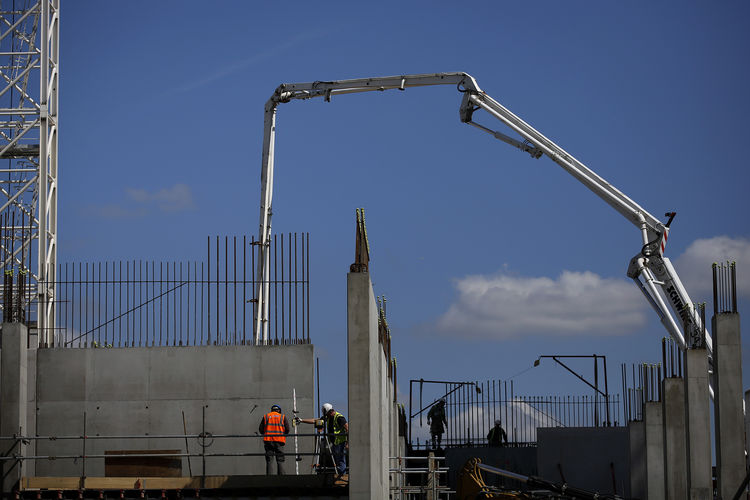- Reconstruction of N’East to Gulp N7bn, Says PCNI
Over N1bn has been spent on reconstruction in the North-East in the first quarter of 2017 while N7bn will be needed to rebuild the region, the Presidential Committee on the North-East Initiative has said.
The organisation also informed that over 21,000 projects had been planned for the North- East by the administration of President Muhammadu Buhari.
The Director of Programmes in PCNI, Mohammed Danjuma, said this in Abuja, during the inauguration of its dashboard to bring all stakeholders and partners together to coordinate interventions in the region.
According to him, the dashboard would see real-time information on the activities of all the organisations helping out in the region, whether local or international.
It would also assist the PCNI to keep tab on them to prevent clash of roles, disorder, loss of focus and relegation of priorities.
Danjuma said, “There are multiple actors in the (North-East) region — international development partners, international non-governmental organisations, state governments, local non-governmental organisations, individuals, faith-based organisations — and bringing everyone aboard would help us identify gaps.
“So far, the Federal Government has expended over N1bn on the region and by way of assessment, we need N7bn to rebuild the region. We are not trying to hijack efforts already in play; we are just trying to know who is doing what, where and how, while putting the welfare and protection of the Internally Displaced Persons uppermost on the agenda of this government, via the Buhari Economic Plan.”
While reacting to the extent of progress in the reconstruction of the region to bring about the return of the IDPs to their various states, he insisted that the priority remained security of the area, the feeding of the IDPs and creating a great environment for their return.
“So far, over 21,000 projects have been planned for the North-East by the Buhari administration and, as soon as the budget is passed, we’ll be seeing projects championed by a number of MDAs in the region”, Danjuma stated.

 Forex3 weeks ago
Forex3 weeks ago



 Naira2 weeks ago
Naira2 weeks ago
 Billionaire Watch2 weeks ago
Billionaire Watch2 weeks ago




 Naira2 weeks ago
Naira2 weeks ago




 Naira2 weeks ago
Naira2 weeks ago






 Naira4 weeks ago
Naira4 weeks ago


 Naira1 week ago
Naira1 week ago






 Naira4 weeks ago
Naira4 weeks ago






















